This newsletter is about birds. Sometimes ferns or fish, but it’s a bird newsletter. Personal essays come up, often brought about by birds—or happiness, cooking for a friend, self-betterment.
Rock & Hawk became about me after an event that still impacts my life constantly.1 January 2022, an 18-wheeler hit the rental car I was driving in pursuit of a Snail Kite in Florida. I didn’t die, nor did I see a Snail Kite, but was functionally deceased. Traumatic brain injury (TBI), specifically diffuse axonal injury (DAI). Recovery-wise, DAI offers “no guarantees.” Many survivors face “issues for the rest of their lives.” So far I have.
Mid-January will mark three years. A long time; not long for a TBI. These injuries don’t go away, recovery never really ends. It’s your brain. I’m very lucky, my persisting issues aren’t cognitive. Biggest is my brain’s weakened connection to my affected side.2 Fine motor, lingering weakness, lack of mobility, numbness, less control, balance. My speech remained an issue, but after one more stretch of speech therapy I don’t really feel right listing it here. I will list my vision’s ongoing saga. Bilateral fourth nerve palsy, strabismus, double vision, three surgeries.3
I make do. Sometimes I wear an eyepatch. I’m too stubborn to wear one all the time, though I’ve been told it looks cool. I’ve had three times as many surgeries as planned. Maybe it’ll take three times as long for my eyes to recalibrate.

In a neurology appointment I was told how inconsistent vision recovery can be after TBI. Surgery isn’t presented as an option for a year and a half. Eyes sometimes sort themselves out in that time. If they don’t, surgery.
My first operation was after roughly 21 months. The second was three/four after that; a third four after that. I pertinaciously believe I can force my eyes to work together, no eyepatch, train them as I would a muscle. I don’t do eye exercises, going about and making my brain merge images from both eyes is the exercise.
Things improve if you’re patient and take thoughtful steps. Something didn’t go smoothly or quickly? Patience. That mindset was anathema to my way of being—pessimistic, impatient. I’ve learned to reframe.


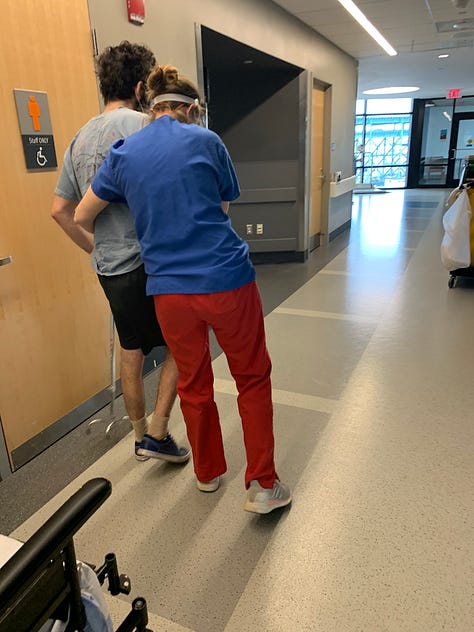
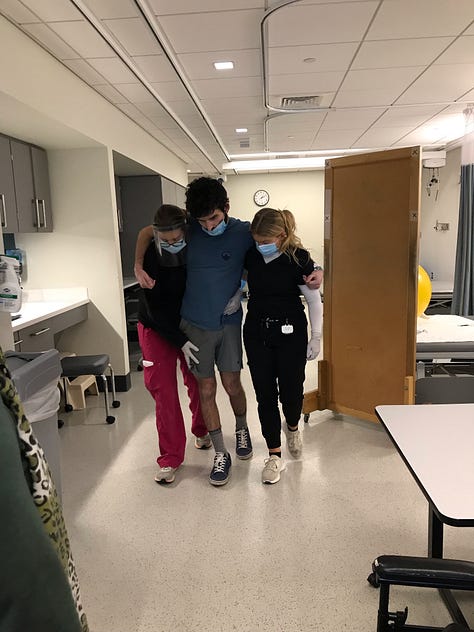
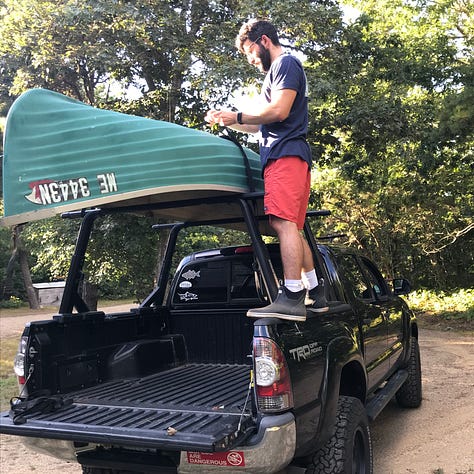
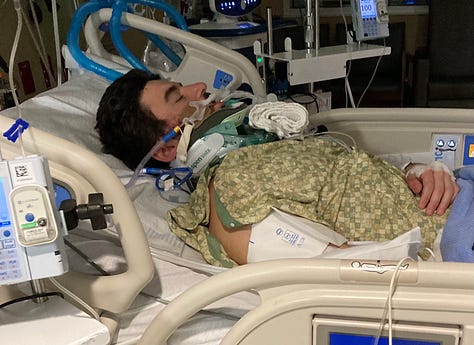
Much of what mattered to me before TBI doesn’t anymore. I wanted my life to look one way, now I don’t.4 That made me cry at first, but what’s to be gained from sadness? Too much pulls us backwards, though “after brain injury grief can occur in response to the loss of the previous self…[becoming] ‘a new me’.”
You might think the hardest part of recovery was relearning to walk and talk, or returning to driving. Those weren’t easy, but straightforward. The hardest part is saying goodbye to how things were while moving forward.
Doctors comment on my stubbornness. You might think obstinance is a negative; I value it. Positive synonyms: adamant, determined. Negatives: Inflexible, uncompromising.
When something is challenging because of TBI, I don’t just think: I won’t try that.5 Postholes, forgoing an eyepatch, pursuing an uncommon bird, squatting heavy in a crowded weight room and failing loudly.
A weightlifting maxim is “train to failure.” For me, failure can sometimes be brought about by TBI. Earlier in recovery, too early to be squatting (impatient), I failed a squat without spotter bars and hit my head on a concrete floor. Disconnect between my right leg and brain, ASAP neurology appointment. A more recent time I failed, it was my right leg again. I loudly dumped the weight off my back. An even more recent time, it wasn’t because of TBI. I just tried too much weight and couldn’t stand up. Failing is part of squatting, which I’ve loved for a decade. It’s fortunate I’m still able to do it, laughably lucky. Failure, brought about by TBI or not, is positive—a goal.
I’ve been told the mentality of wanting to disprove something was my grandfather’s. People told him You’ll never amount to anything. Nobody vocalizes doubt to me. Most do the opposite. My biggest critic is me.
If you are unhappy, there’s likely something you can do. Happiness won’t be immediate, action might feel embarrassing. You might think people will laugh. They won’t. Better to try and fail than to wish you had. “You will become way less concerned with what other people think of you when you realize how seldom they do.”6
After noticing I often worry about others’ opinions, someone told me about a hand towel she’d been gifted to encourage her not to care—embroidered: “Fresh out of fucks.” Writing this initially caused me to worry, but I’m fresh out of fucks.
If things go as hoped you’ll be too happy to care. If they don’t, try again. A catchphrase of my grandfather’s: A quitter never wins and a winner never quits. Don’t count your chickens,7 but confidence and optimism help.
Thoughts that used to bother me: People don’t understand TBI, most wouldn’t even guess I have one. I look fine. People think this is a pity party. Three years, they think I’m milking it.
Nope. Nobody cares and I’m fresh out of fucks.
I’ll always see what happened as motivation—physically and mentally. Physical health is more tangible than mental but they’re connected for me. I lost over 40 pounds when hospitalized, became much thinner and weaker. It depressed me so I’ve gained about 60 since. Meathead ways die hard.
Most of my criticisms are self-criticisms. Working on a farm after the injury, a coworker and I built a greenhouse. My balance wasn’t always great so he brought it up. I told him what happened. He told me to tell everyone, not to overextend myself. He also told me he still trusted I’d do good work, but I had to trust me.
At Rock & Hawk’s start I wrote about birds. Then I wrote about what happened. I’ve shifted back to birds with intermittent personal writing.
I’m an open book. Birds allow me to write what I enjoy without opening my book, but I want to start opening it here a bit more often. Don’t fret, you won’t be getting my life in your inbox if you only want birds. Future non-avian writings will go only to supporting subscribers—also avian writings requiring more research. When birds show up in personal essays it’ll be like Common Black Hawk or Birds: Not there for you, but there for you.
Since personal essays will often relate to traumatic brain injury: If TBI impacts you or a loved one and you’d like to subscribe, reach out.
For a while I’ve wanted to write about dating with a TBI. This and that together totaled 4,000 words. I’ll publish it separately, but here are some tidbits:
When you meet somebody, that’s the only you they know. Don’t change for a person and don’t put on an act, but meeting new people provides the opportunity to be who you’d like to be. They’ll never know past versions—good or bad.
Everyone has endured or is enduring something. A TBI is unique, life having challenges is not.
Meet people with kindness. Your kindness will be met with kindness.
I love to read and write about birds and nature. That’s why Rock & Hawk exists, but what I read or write doesn’t always concern the natural world. Before Bernd Heinrich, Gretel Ehrlich, or Wendell Berry: David Foster Wallace, Joan Didion, Kent Russell, Dostoevsky, Susan Sontag, Thomas Bernhard, Camus.
Rock & Hawk is birds but it’s also me. If you only care about birds, I’ll always write about them. If you are interested in me, personal essays and other writing will be available for supporting subscribers—to employ the paywall’s protection.
This was longer than usual. I appreciate you sticking with me to the end.
For smaller, one-time contributions I made a Buy Me a Coffee “tip jar.” Liking, sharing, or commenting all help and cost $0.00.
At this point I’m used to it. Dostoevsky: “Man is a creature that can get accustomed to anything, and I think that is the best definition of him.”
The left side of my brain was injured so my symptoms manifest on my body’s right.
My eyes don’t line up. I see an image from each: double vision. That’s why an eyepatch works, makes me use one eye at a time. It also slows an already slow vision recovery so I wear one sparingly. Surgeries brought my eyes closer. It takes time for them to adjust.
Loss can be gain. Losing something is an opportunity to fill its space. In an act of extreme reframing, I tell myself that day in January 2022 was the best of my life.
I almost gave up fly fishing. It’s no longer a defining pastime. I was obsessed. A large part of what I enjoyed about fly fishing was being good at it, the smooth effortlessness of practiced efficacy with a fly rod. If it was a nice night I’d have wanted more than anything to fish for striper. No longer the case. Doesn’t mean I won’t, but recent times I’ve fished the primary aim was seeing whoever I fished with, not fishing.
I try not to let TBI deter me from things. Fly fishing is just not remotely as enjoyable. Other activities I used to enjoy I kept trying until they felt better. After almost three years fly fishing still feels bad. I cast right-handed. My right is my affected side. It feels like an “exercise.” I don’t want to let the TBI take fishing away, but it’s a smaller part of my life.
TBI causes grief over lost abilities and sense of self. Fly fishing is both. People who’ve seen my cast since say it’s still good, and I’ve caught a few fish, but it feels shitty. I still know how to cast, my arm just doesn’t listen to my brain.
Done right after years of practice, a fly cast feels effortless. That’s what makes fly casting so great. Now it is pure effort: firm stop, rod tip in a straight line, accelerate, stop. At some point it makes more sense to accept the way things are than to try enjoying a lesser version of what you loved.
A smaller example: I used to love to skip rocks. Not a hobby, just a thing to do. Now, less able, I just don’t really try. Skipping rocks is something I grew to love at my grandparents’ in Maine. Standing by a body of water—Maine, elsewhere—good chance I’d skip rocks, aiming for more and more. The most I’ve gotten post-TBI was just two, far fewer than pre-. I’d get better if I devoted time to it, but that’s a lot of energy for skipping rocks. With a TBI, you learn to pick your spots—dole out bandwidth tactically. Makes more sense to see rock-skipping as something I just try now and then to see.
That said, I’m not hanging up my waders but don’t put them on as often. All this is evidence a fly cast requires a great deal of your brain, addressed in below video:
I also have catchphrases: don’t count your chickens; small potatoes; I’ll die on that hill.





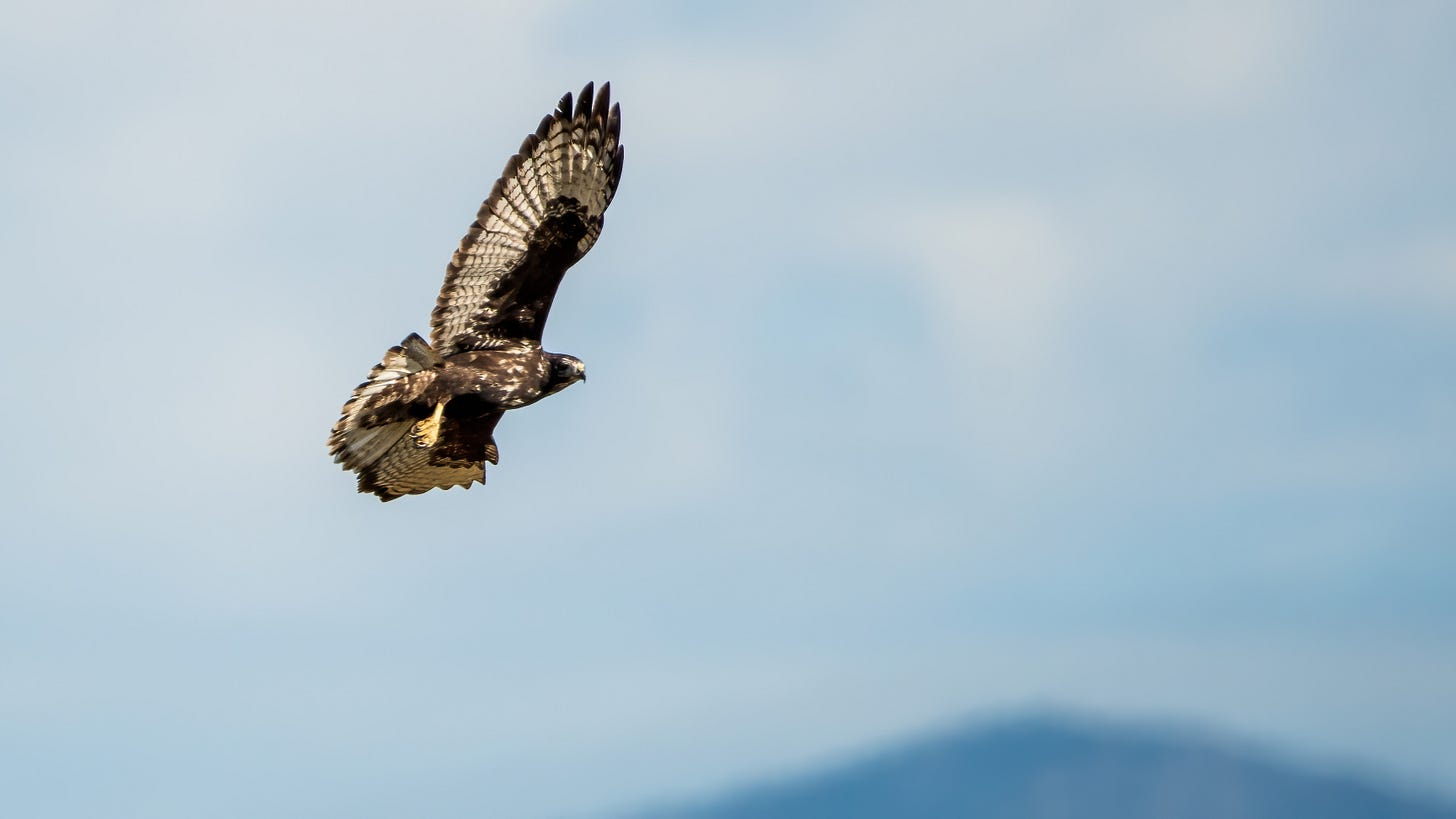


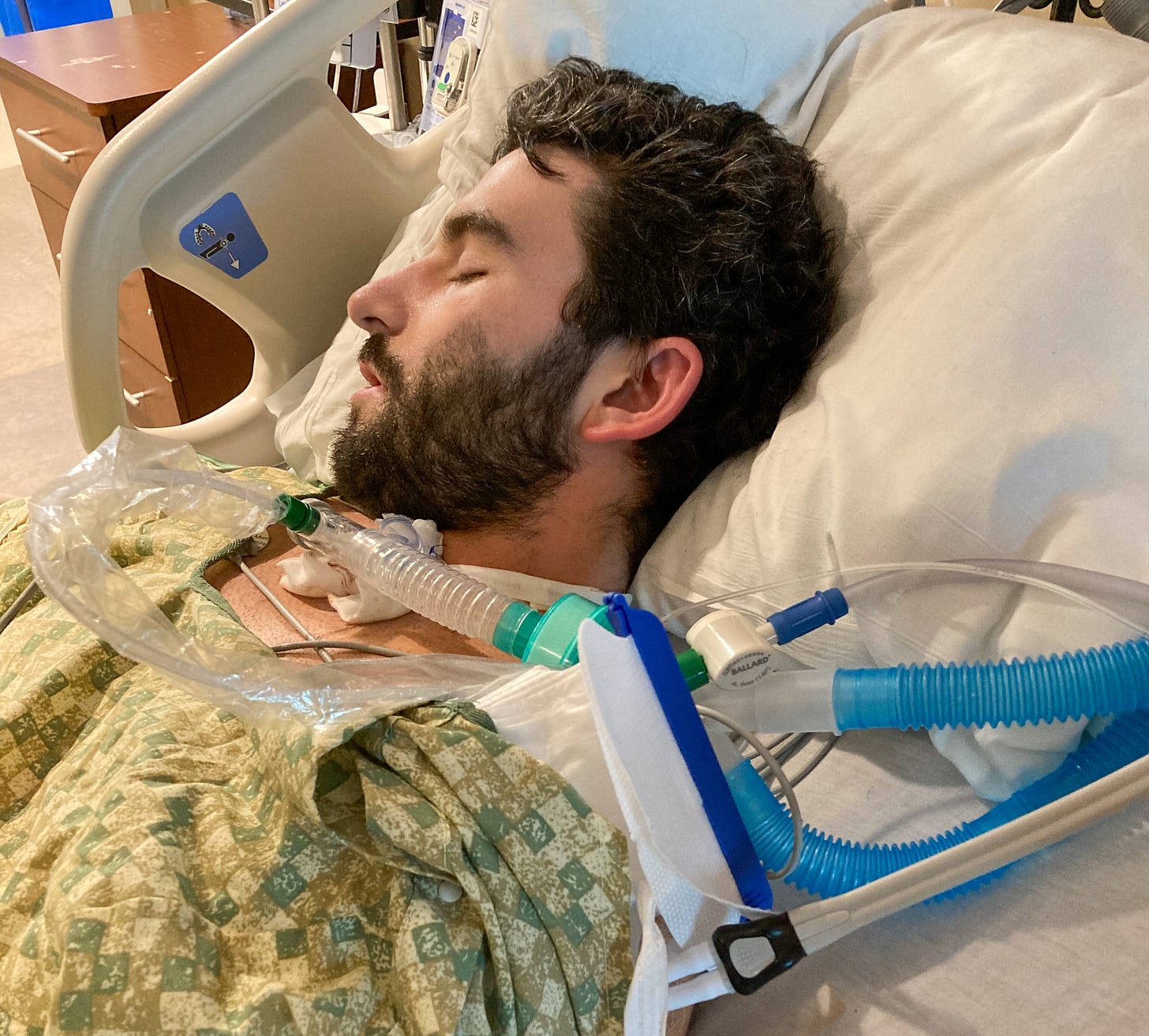

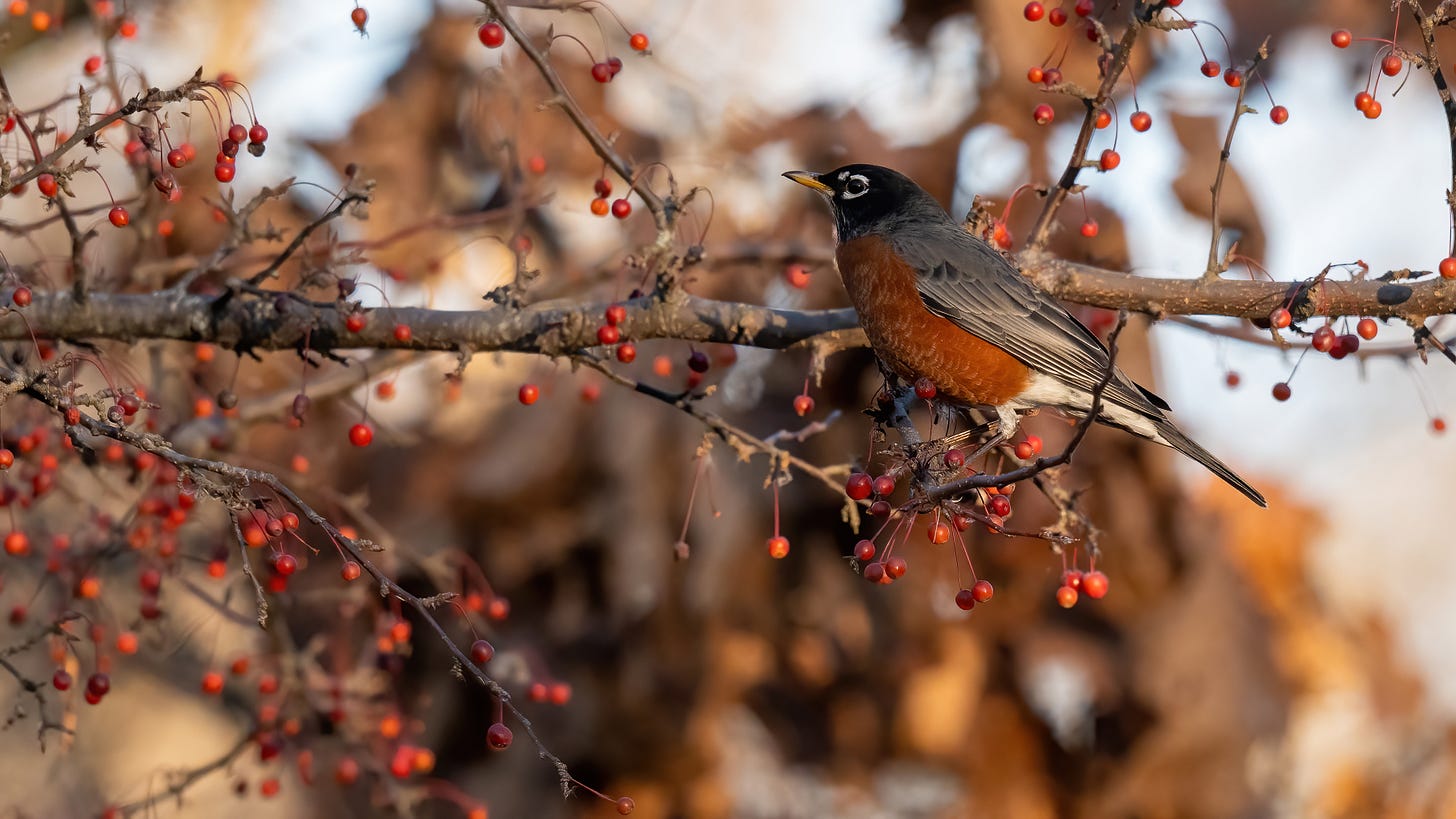
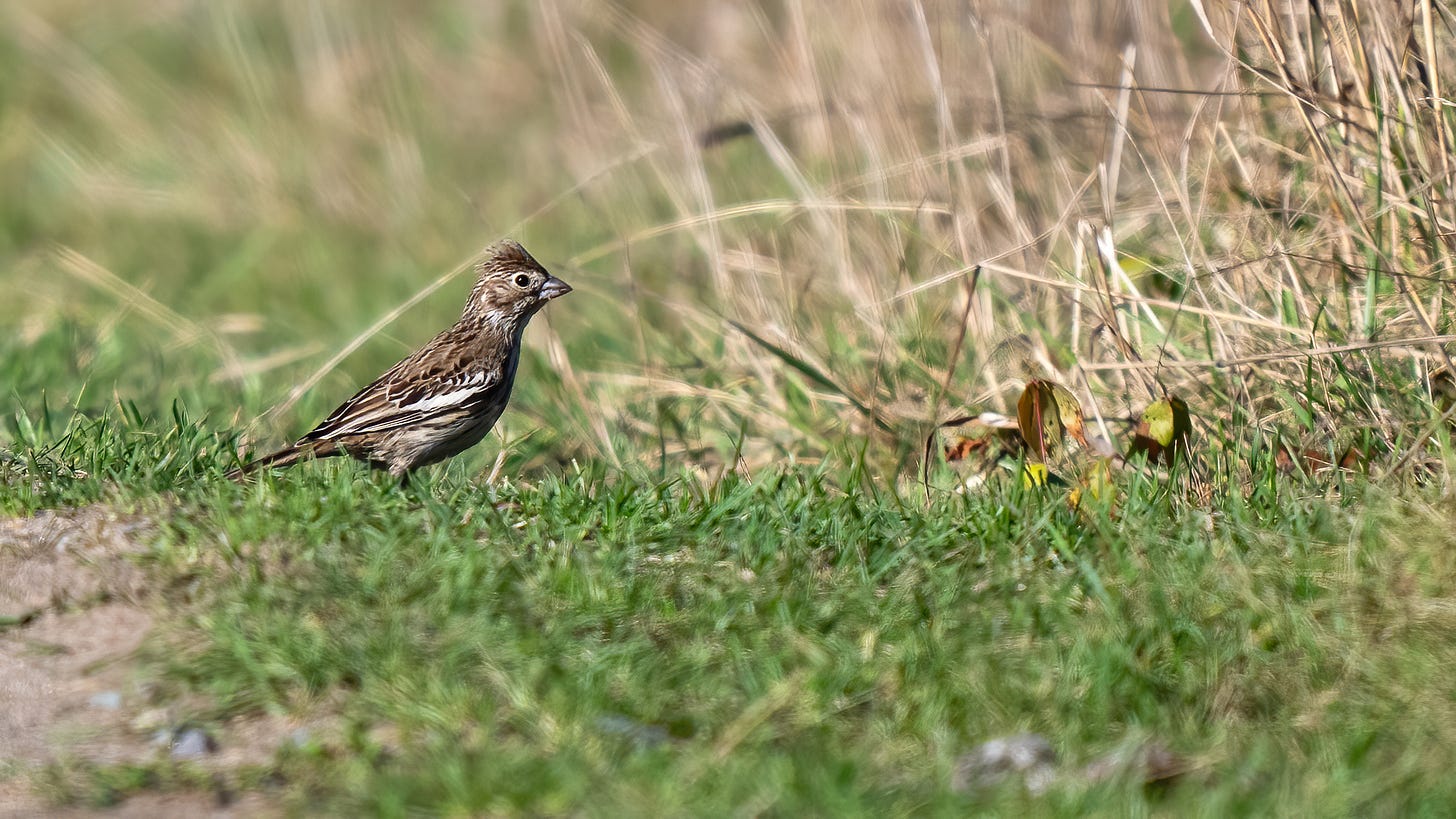

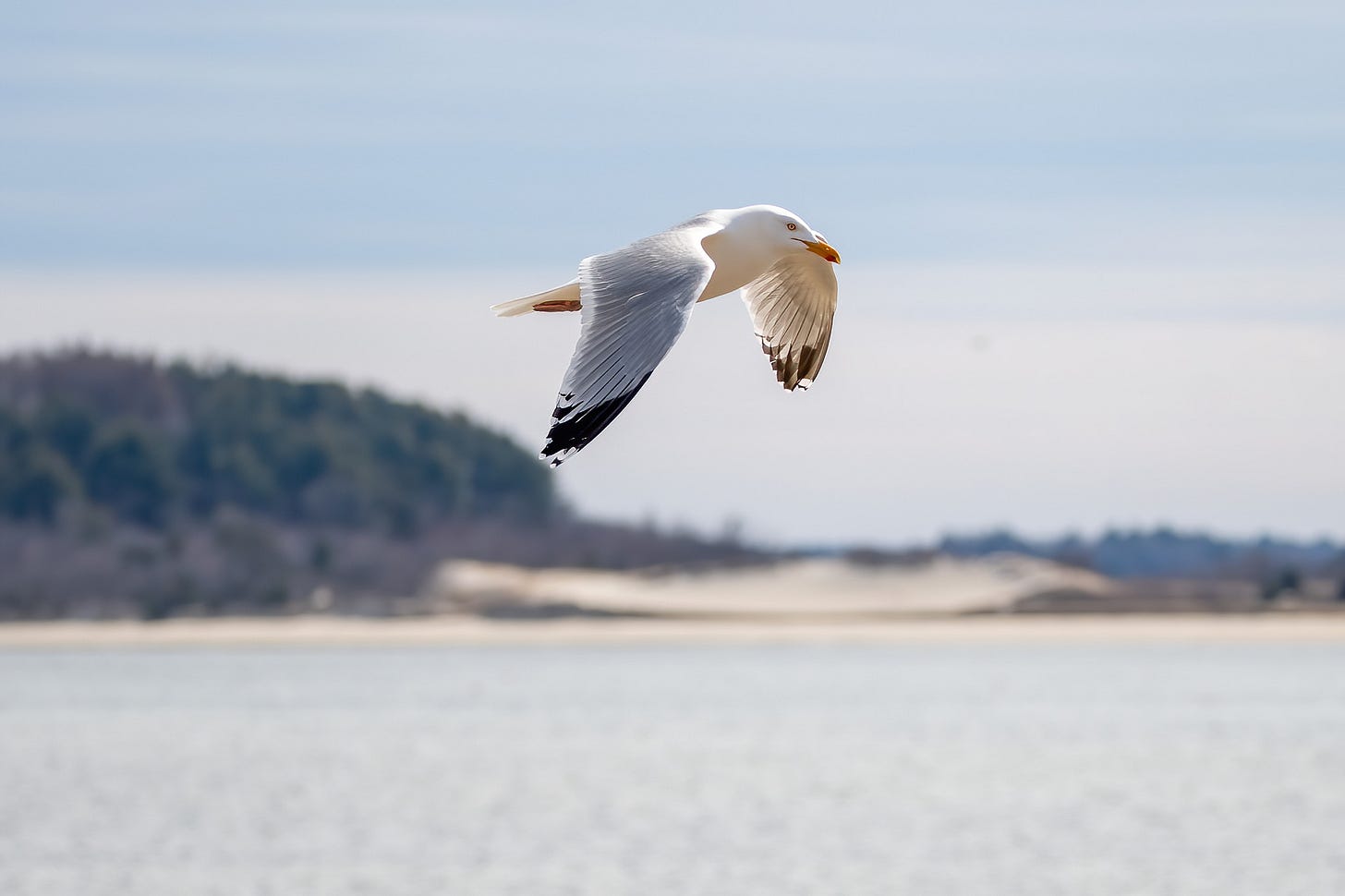
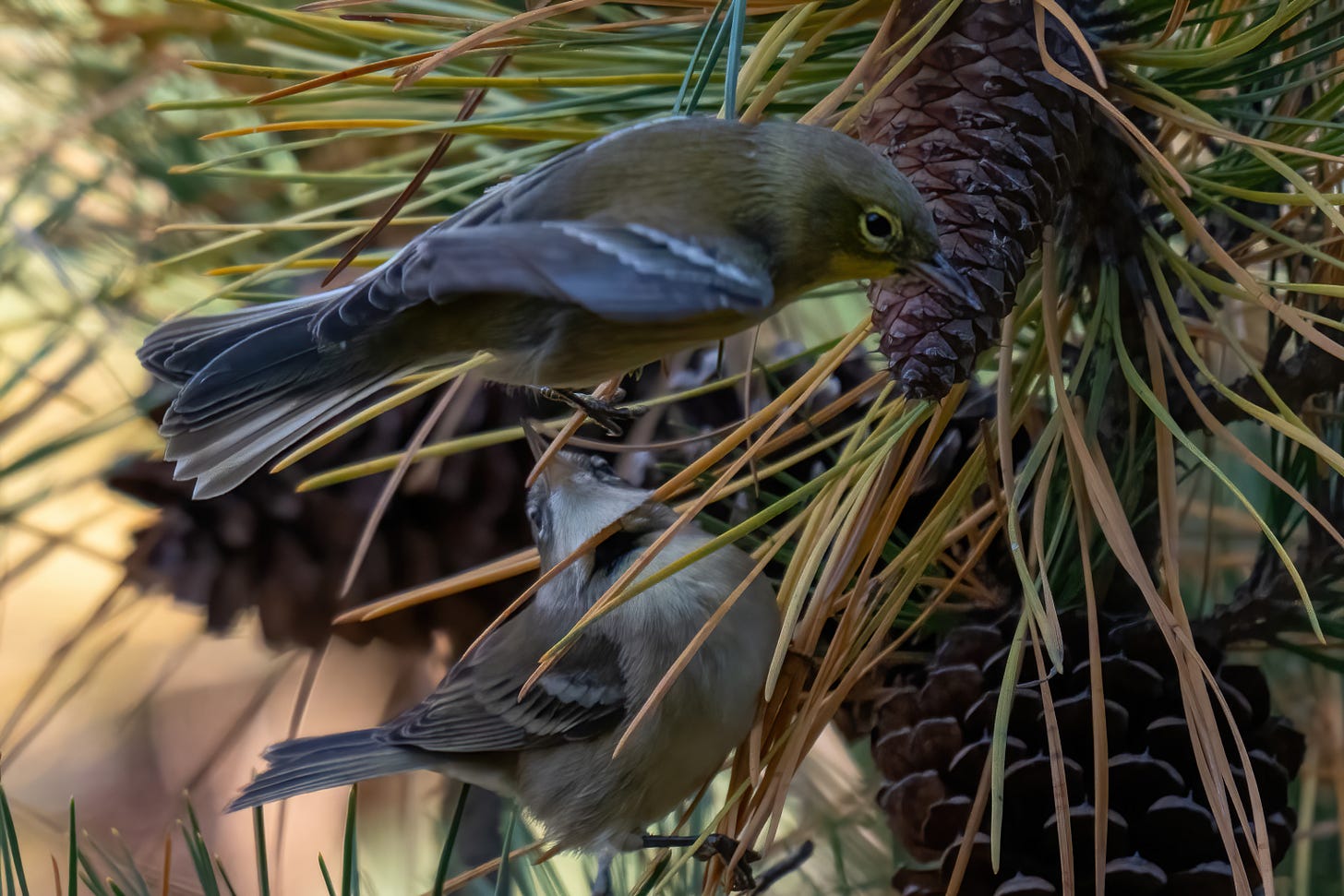
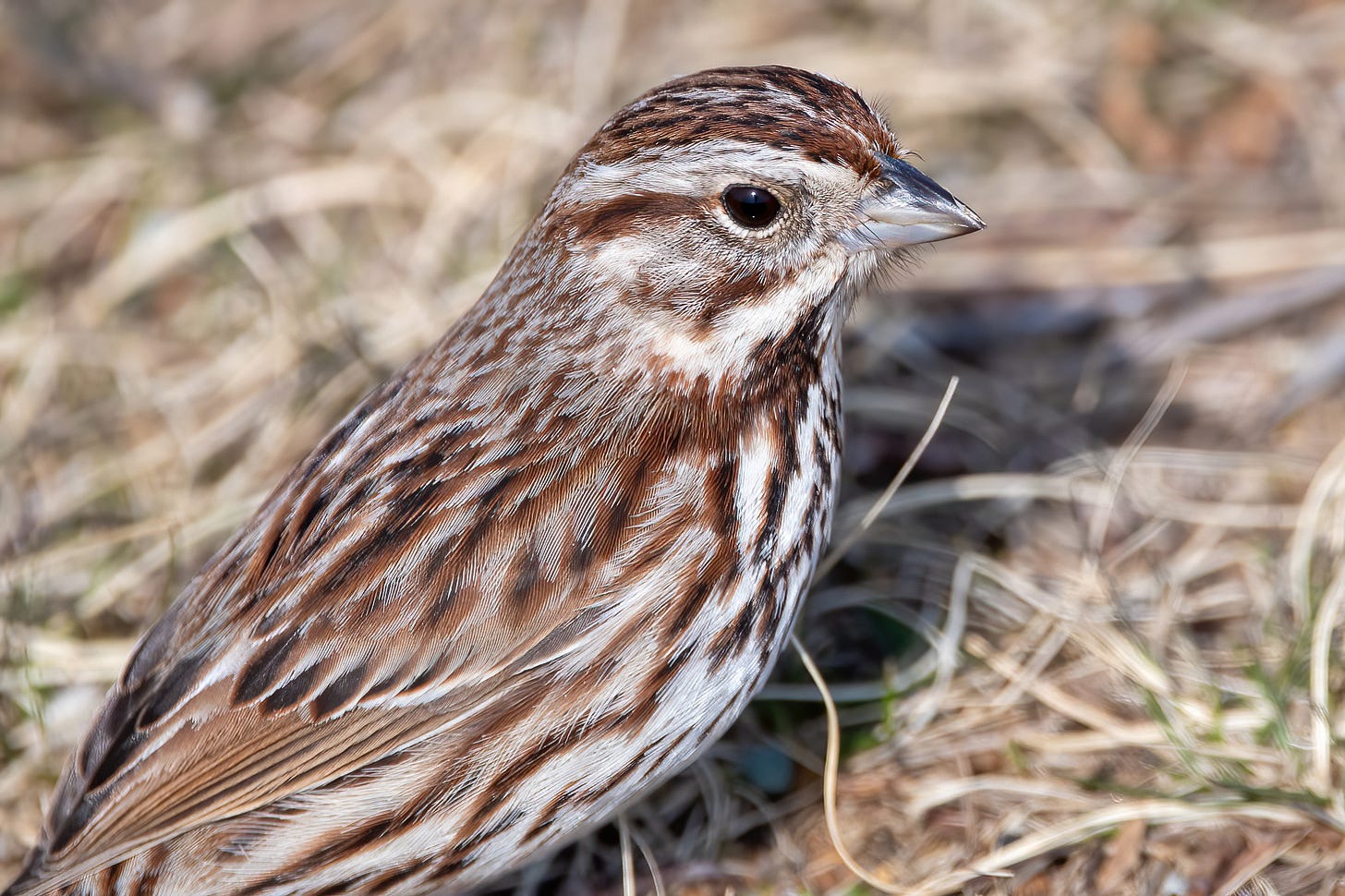
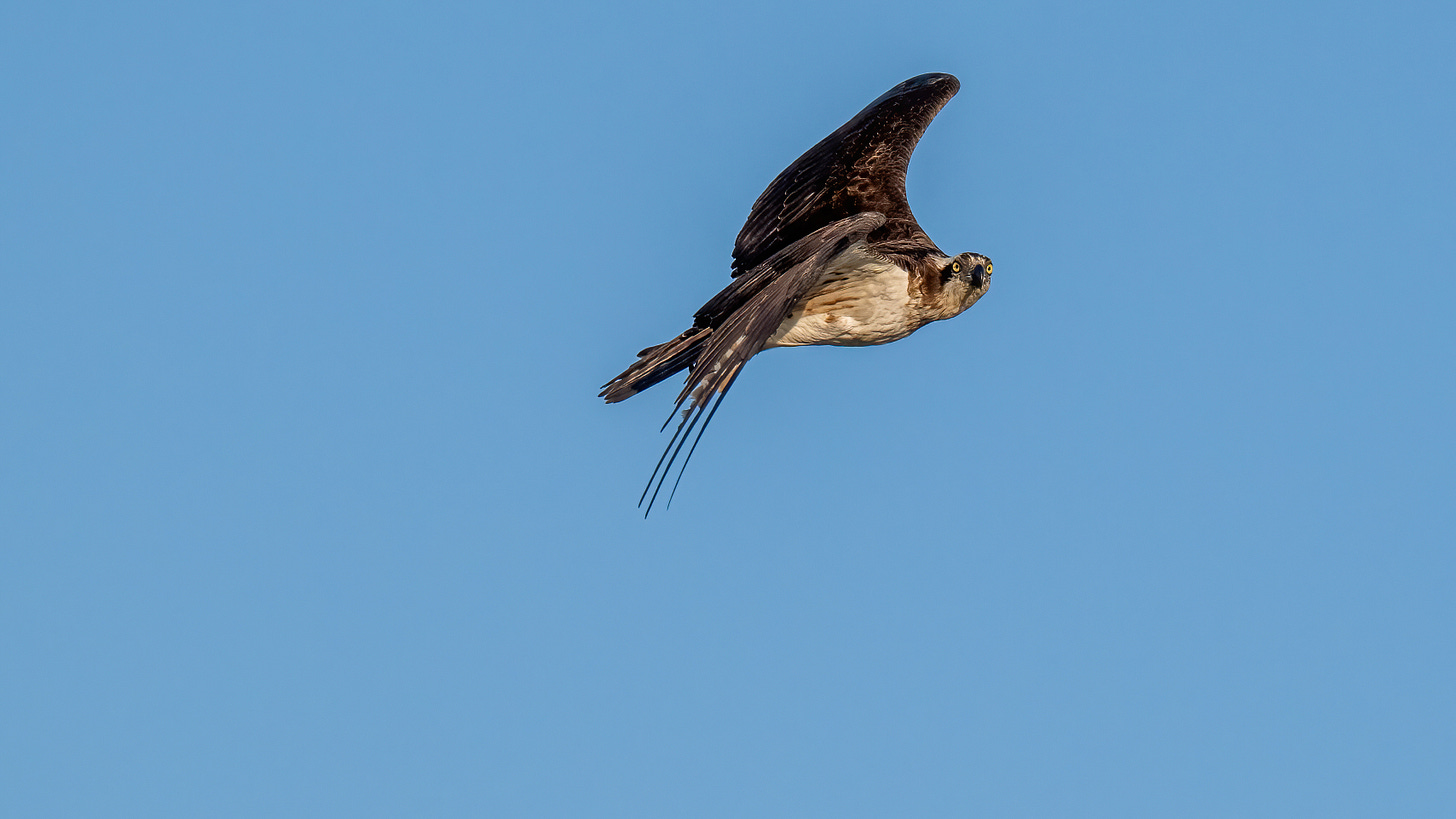

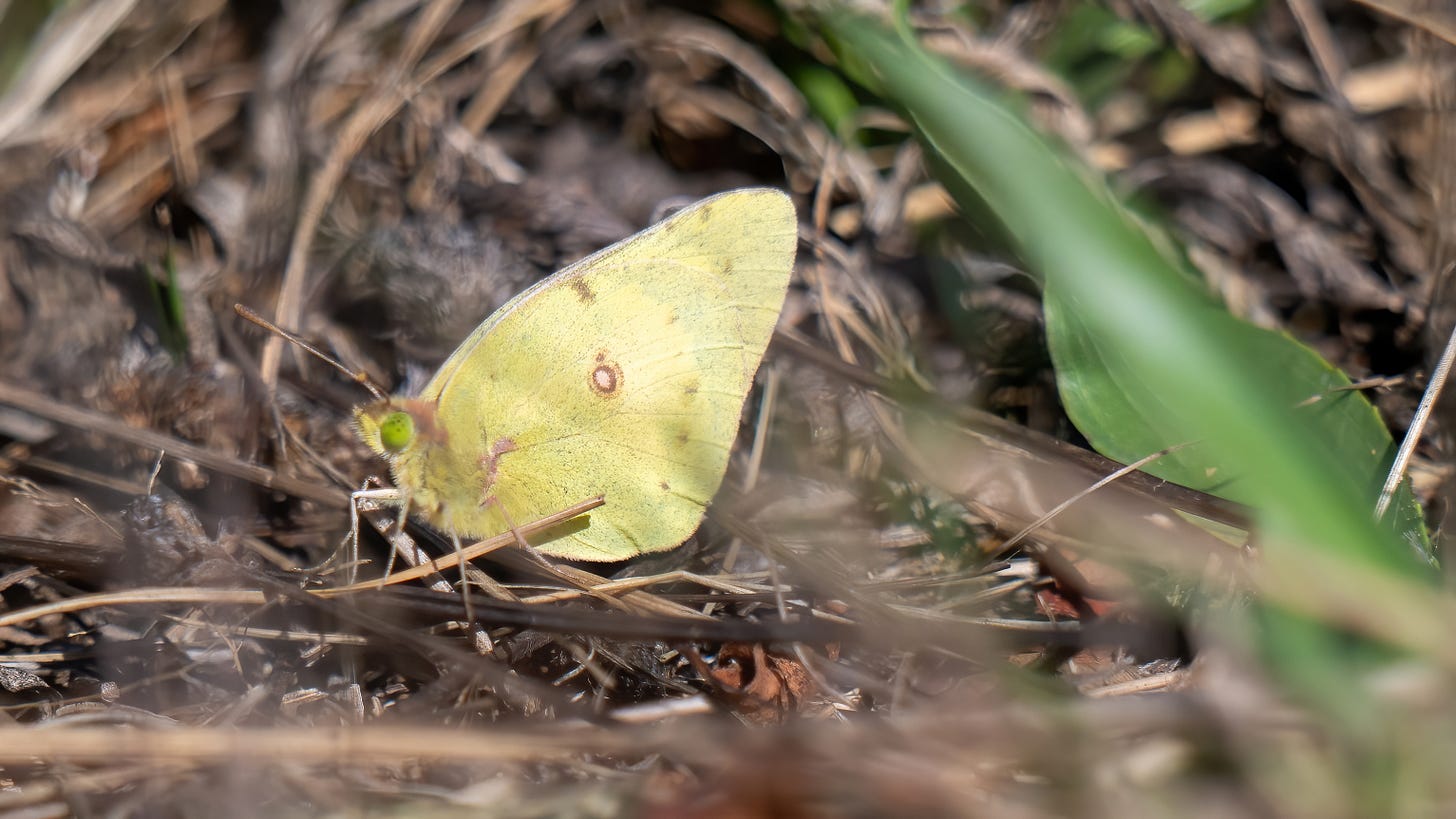
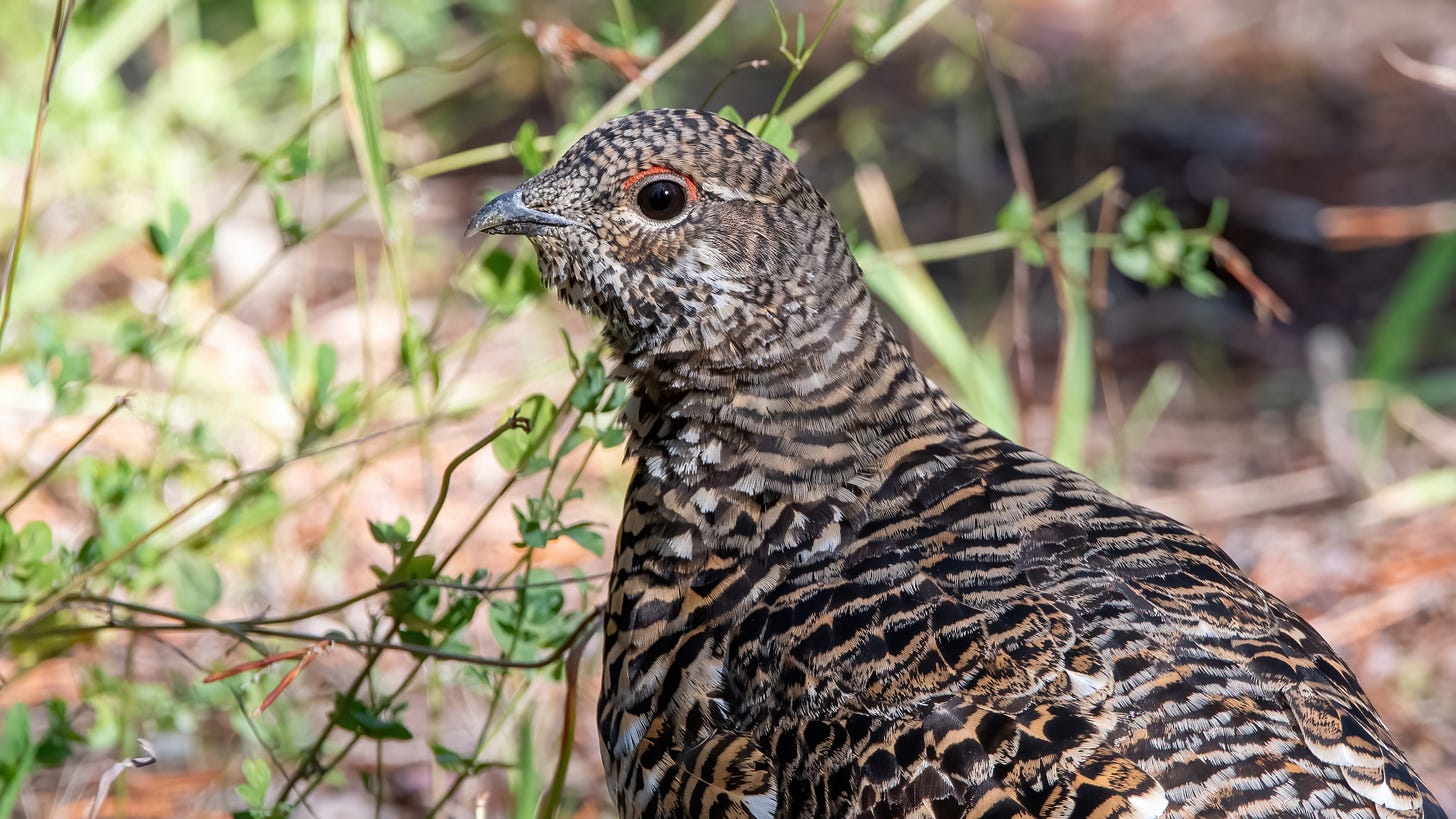
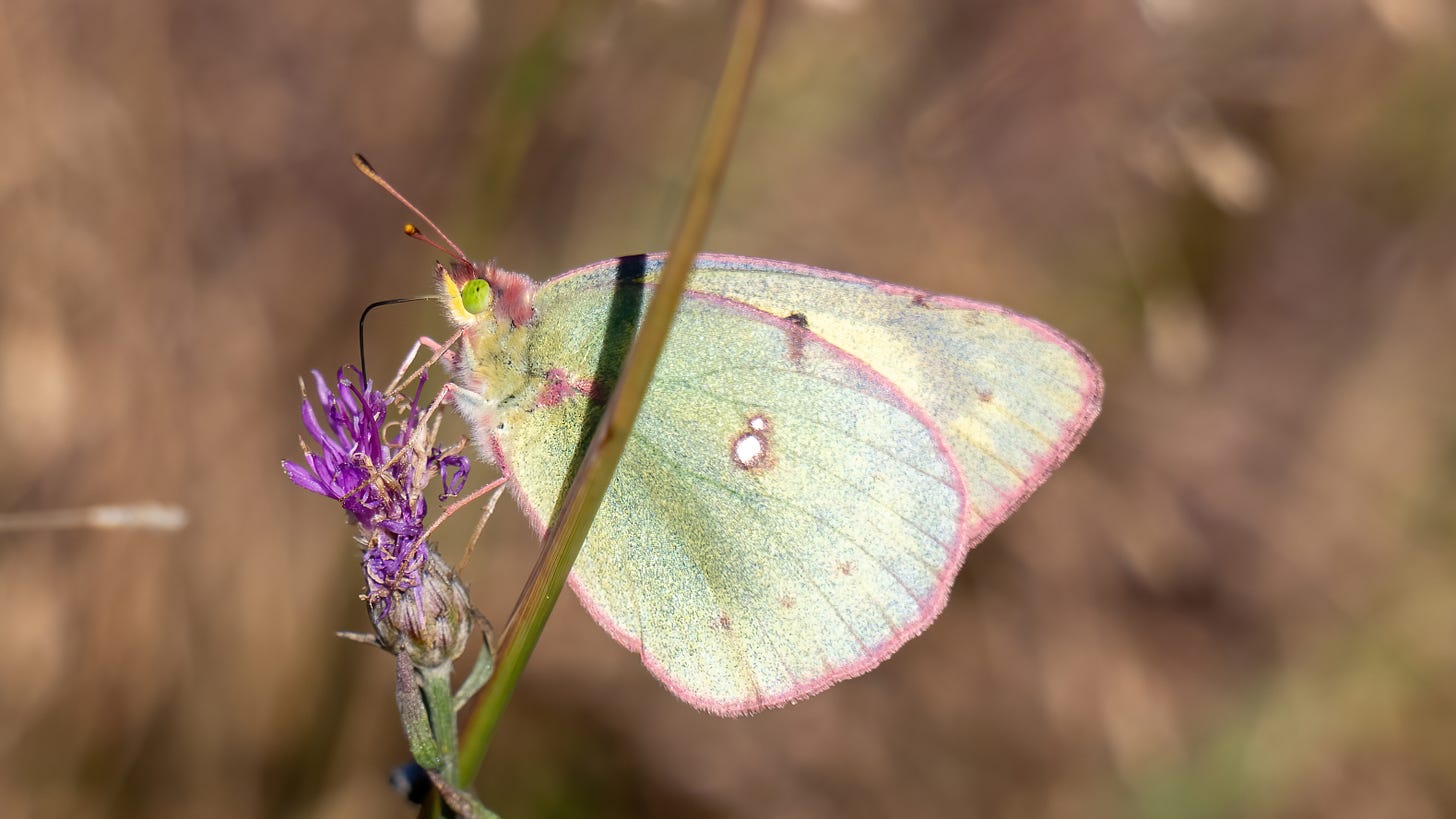






Thank you Neil. I never thought of the overlap of patience and stubbornness, I like that a lot. And I agree, better to swing and miss than to not swing at all. Thank you for reading and for your comment
Thank you for sharing this essay James. I think the stubbornness that your doctors' had mentioned can also be seen as patience. The stubbornness sounds almost like the doctors' impatience at your own patience if that makes sense.
That's a great point you make as well re: "Better to try and fail than to wish you had." A great motto and something to live by each day.